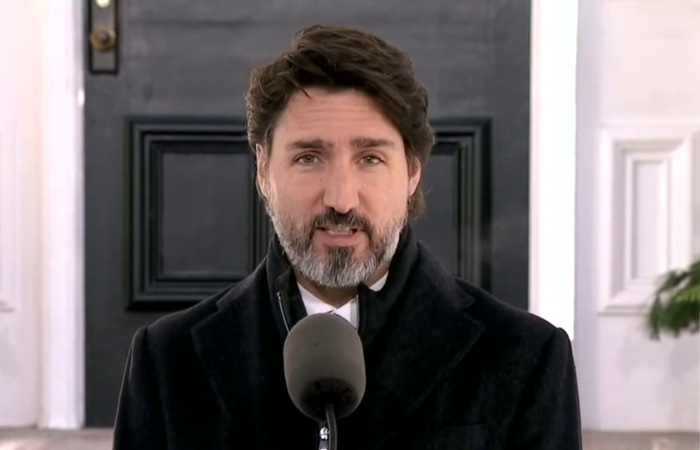Rethinking Lifestyle
The Pandemic: An Opportunity to Reset

In this blog we have rarely responded to the content of columns prepared by local politicians, nevertheless, issues raised by Mr. Falk in his post last week are very relevant to the core of “Rethinking Lifestyle” as seen by the South Eastman Transition Initiative. This has prompted me to give another perspective on remarks Justin Trudeau made at the UN in September.
According to Mr. Falk, Trudeau said
“This pandemic has provided an opportunity for a reset.”
“This is our chance to accelerate our pre-pandemic efforts to reimagine economic systems…”
Mr. Falk finds that “language is both regrettable and deeply concerning.” I, on the other hand, find that language very encouraging.
If Mr. Falk finds Trudeau’s language regrettable and concerning, he is implying that what was the status quo prior to the pandemic was the ideal – that that is what we want to and need to return to as soon as the pandemic allows.
Were we to do that, that would mean we have learned nothing from our lock downs. Yet we have learned! We have learned that we can live remarkably well, even as we travel a lot less. We need to apply this lesson. Going back to what was status quo prior to the pandemic implies that rampant consumption is the ideal, that there is no merit in the reduced consumption of hydrocarbons that the pandemic has forced us into.
There is no doubt that the pandemic has created huge hardship for certain sectors of our economy, most notably small business, the airline industry and the oil industry. Our government has implemented policy to assist and preserve small business but has been more reluctant to bail out the airline industry and the oil industry. This is as it should be. The activities of these two industries cannot be separated from the over-consumption that is contributing to climate change and is impoverishing future generations. Without the oil industry we would not be racing to consume as much oil in as short a time as we can. And most of this oil is going to facilitate travel, by air and by road. If we see any virtue on sustainable living, we need to learn to live well even as we travel less. The pandemic has helped us see that we can do this.
But we need to distinguish between the industry and the workers – the workers who have lost their jobs because to the lock downs, both in Canada, but also around the world. Yes, the workers will need to be retrained, and yes, they may need to relocate, and such changes create their own hardships, but these shifts are possible, can be eased by appropriate government policies. Given its power to tax and subsidize, government must be involved. By encouraging service industries and activities (such as health care, health promotion, education and the arts), by encouraging green projects, by encouraging labour intensive activities rather than energy intensive activities, government can contribute to the creation of desirable jobs, jobs that foster a more just and sustainable society.
Through subsidies, on the one hand, and taxation on the other, government can encourage desirable activities and discourage undesirable activities. It can foster sustainability. This pandemic has given us an early opportunity to restart the economy, heading it in a new, more sustainable direction. Here’s hoping Justin Trudeau will follow through on what he said at the UN.




